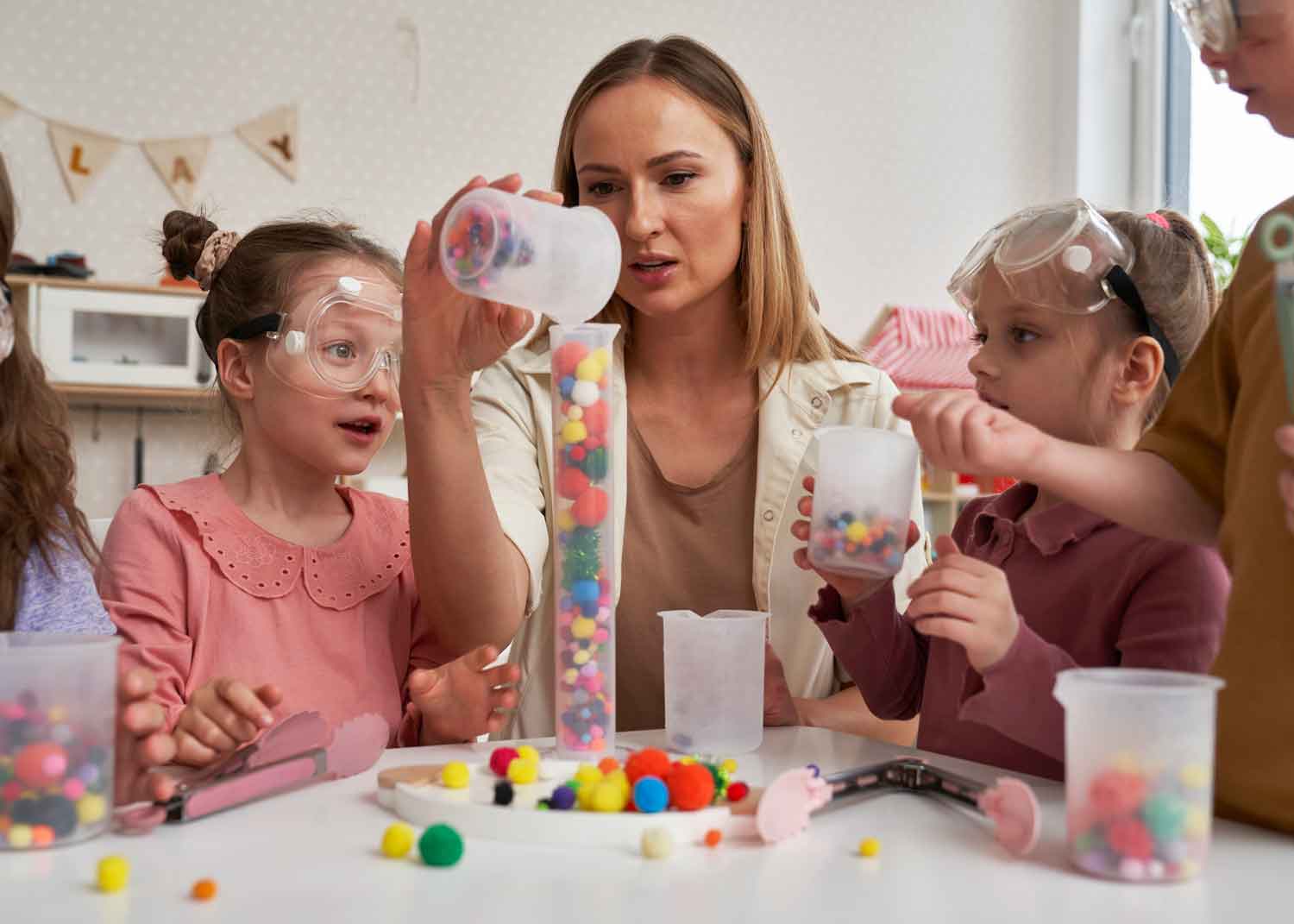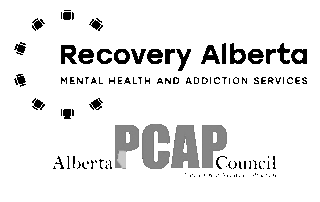
By Edmonton and area Fetal Alcohol Network Society on July 8, 2024
Children with Fetal Alcohol Spectrum Disorder (FASD) often face unique challenges that can affect their attention, memory, and behavior. Keeping them engaged in productive and enjoyable activities can significantly improve their quality of life and help them develop essential skills. Here are some activities that can keep children with FASD busy in and around their homes and communities.
1. Sensory Play Activities:
Sensory play is beneficial for children with FASD as it helps them process sensory information and can be incredibly soothing.
• Sensory Bins: Fill bins with rice, beans, sand, or water beads. Add small toys or objects for children to find and manipulate.
• Playdough and Slime: Encourage creativity and fine motor skills with homemade or store-bought playdough and slime.
• Water Play: Simple activities like playing with water in the sink, bathtub, or a small kiddie pool can be both calming and entertaining.
2. Art and Craft Projects
Art projects can help improve focus, fine motor skills, and provide a sense of accomplishment.
• Drawing and Coloring: Provide various coloring books, markers, crayons, and colored pencils. Encourage free drawing or themed coloring.
• Craft Kits: Pre-packaged craft kits are great for structured activities. Look for age-appropriate kits that include instructions and all necessary materials.
• Painting: Finger painting, watercolors, and even painting rocks or old cardboard boxes can be a fun, low-pressure way to express creativity.
3. Physical Activities
Physical activities are essential for the overall well-being of children with FASD. They help to release energy, improve coordination, and promote better sleep patterns.
• Outdoor Play: Simple games like tag, hide and seek, or playing with a ball can be great. Parks with playgrounds are ideal for more structured play.
• Biking: Safe biking paths or quiet streets offer a good way for kids to burn off energy. Always ensure they wear helmets and safety gear.
• Dance Parties: Play their favorite music and let them dance around the living room. Dancing is a fantastic way to improve coordination and fitness.
4. Structured Games and Activities
Structured games can help children with FASD practice following rules and taking turns, which can be beneficial for their social development.
• Board Games: Choose simple, age-appropriate board games that require turn-taking and following rules. Games like “Candy Land” or “Chutes and Ladders” can be a good start.
• Puzzles: Jigsaw puzzles can be calming and help with problem-solving skills. Start with simpler puzzles and gradually increase the difficulty.
• Building Blocks and Lego: These can keep children busy for hours, enhancing their creativity and fine motor skills.
5. Community Activities
Involving children in community activities can provide them with a sense of belonging and help develop social skills.
• Library Programs: Many libraries offer storytimes, craft activities, and other programs designed for children.
• Community Centers: Check for local community centers that may offer sports, arts, and crafts, or other group activities.
• Therapeutic Programs: Look for programs specifically designed for children with special needs, such as therapeutic horseback riding, swimming, or music therapy.
6. Gardening
Gardening can be a therapeutic and educational activity.
• Planting Flowers or Vegetables: Start with easy-to-grow plants. Children can learn about responsibility and the science of growth.
• Container Gardens: If space is limited, small container gardens can be a great alternative. Let them decorate their pots for added fun.
• Nature Walks: Take short walks in nature, collecting leaves, rocks, or flowers to use in craft projects later.
7. Cooking and Baking
Cooking and baking can be fun, educational, and delicious!
• Simple Recipes: Choose easy recipes that they can help with, like cookies, sandwiches, or smoothies.
• Decorating: Let them decorate cookies or cupcakes. This can be a fun way to engage their creativity.
• Learning Opportunities: Use cooking as an opportunity to teach about measurements, following instructions, and the importance of healthy eating.











